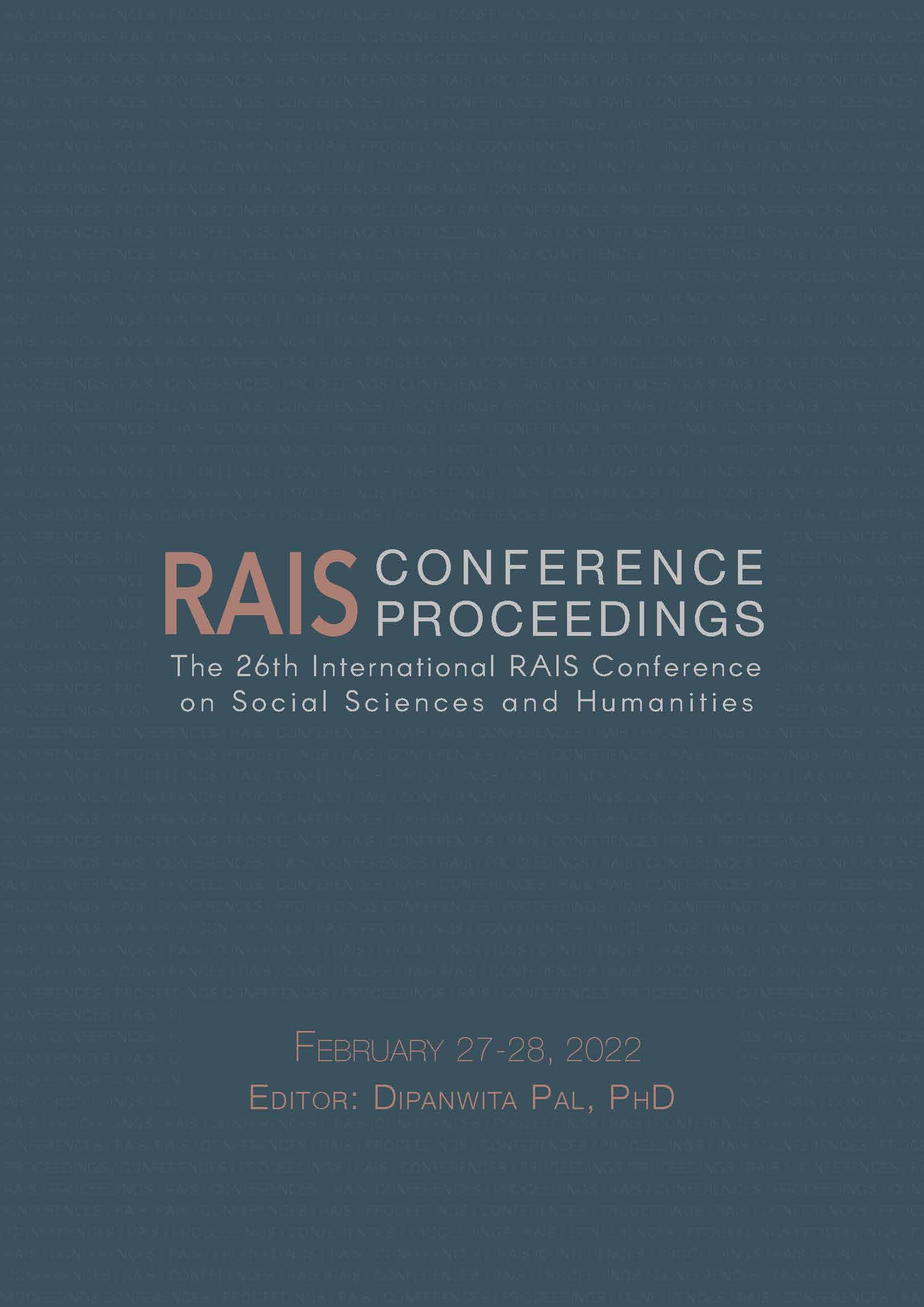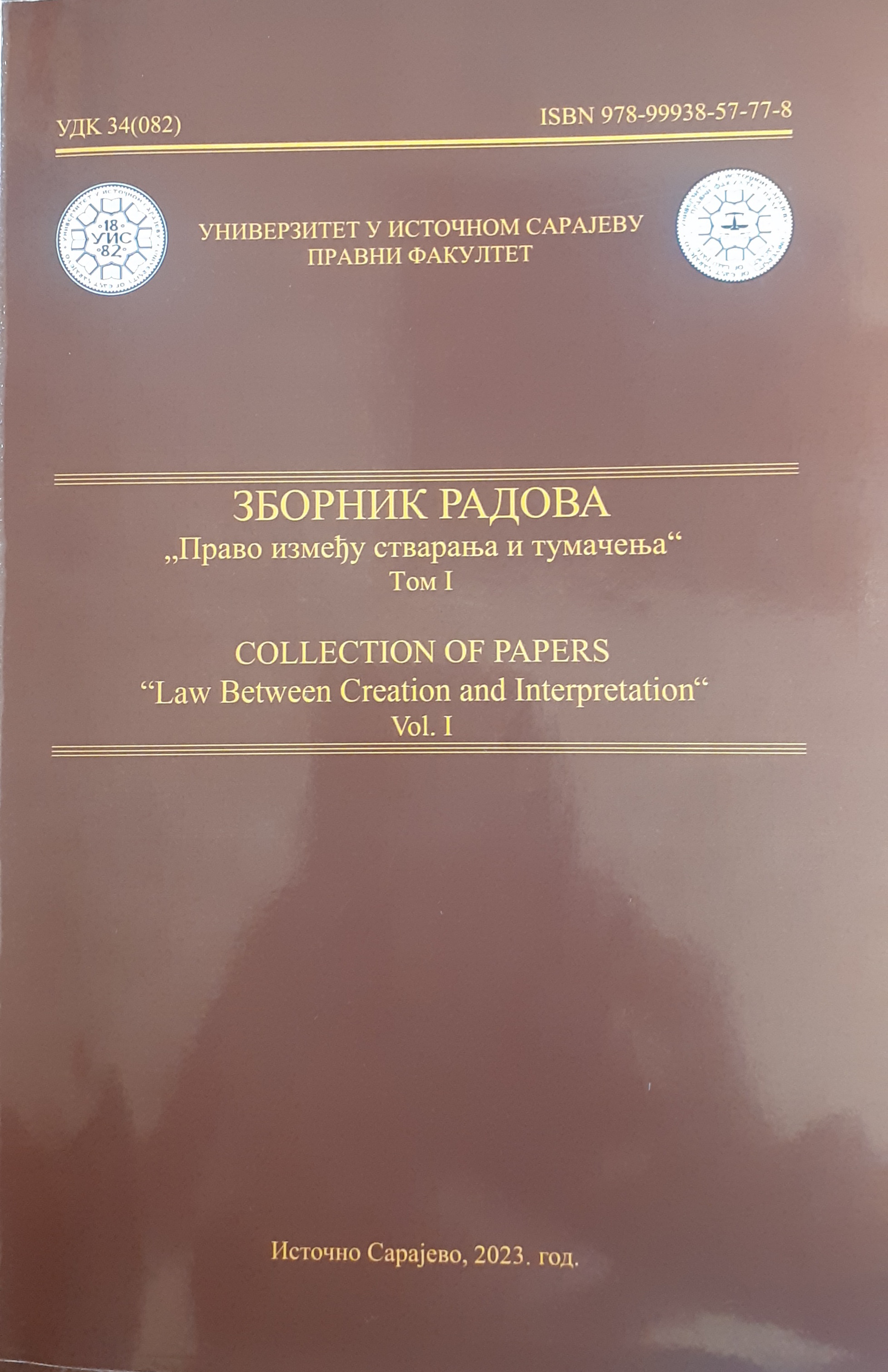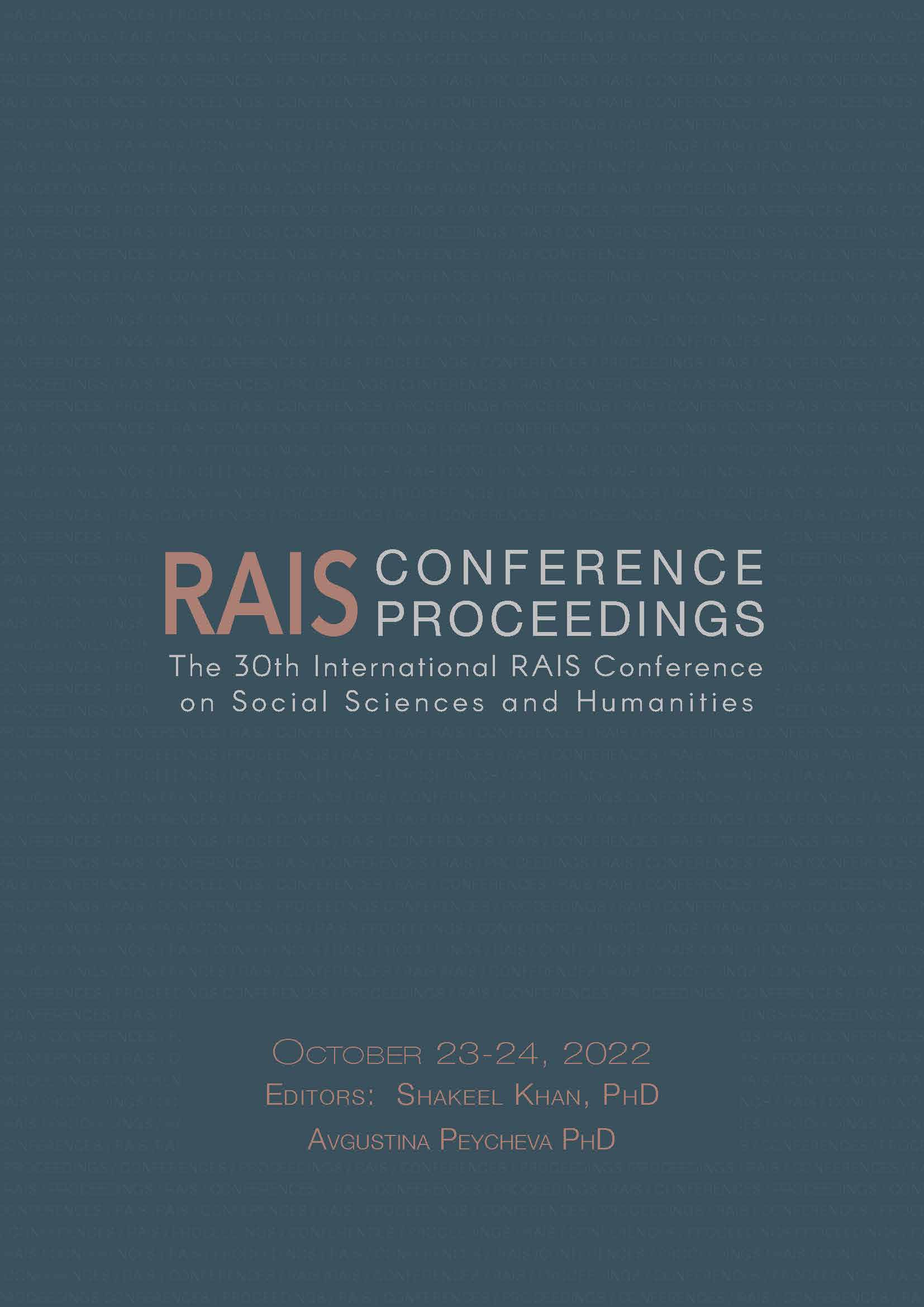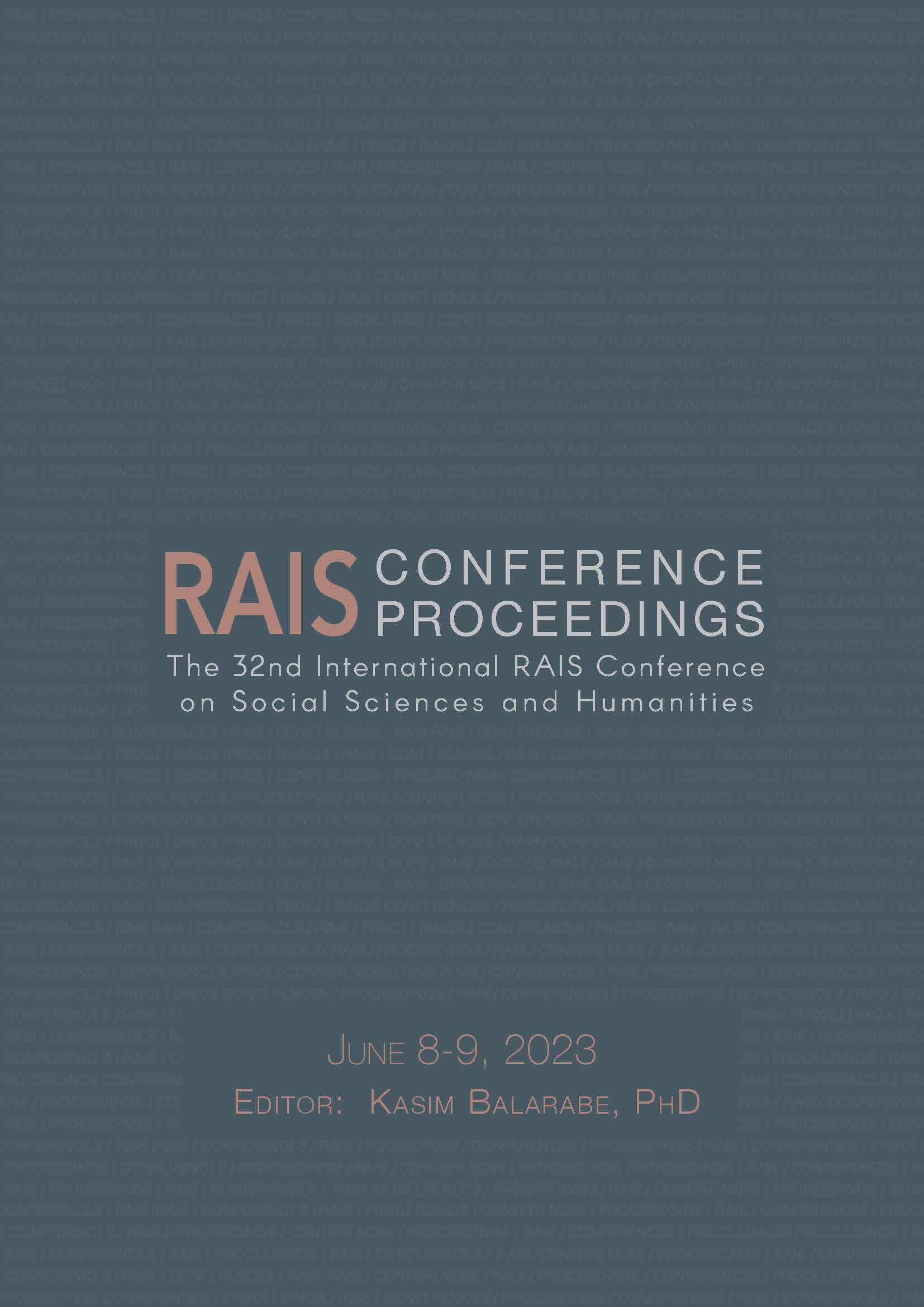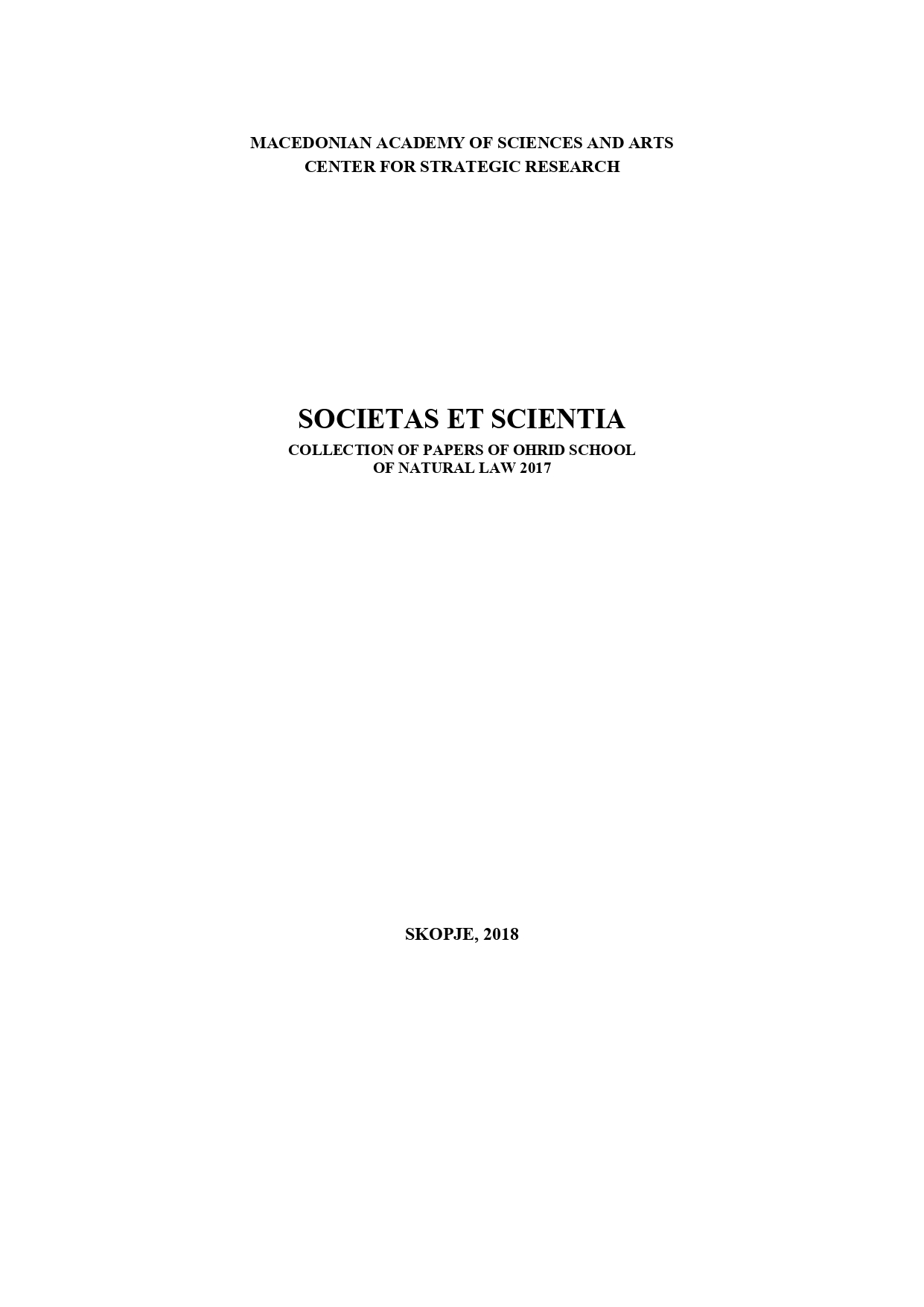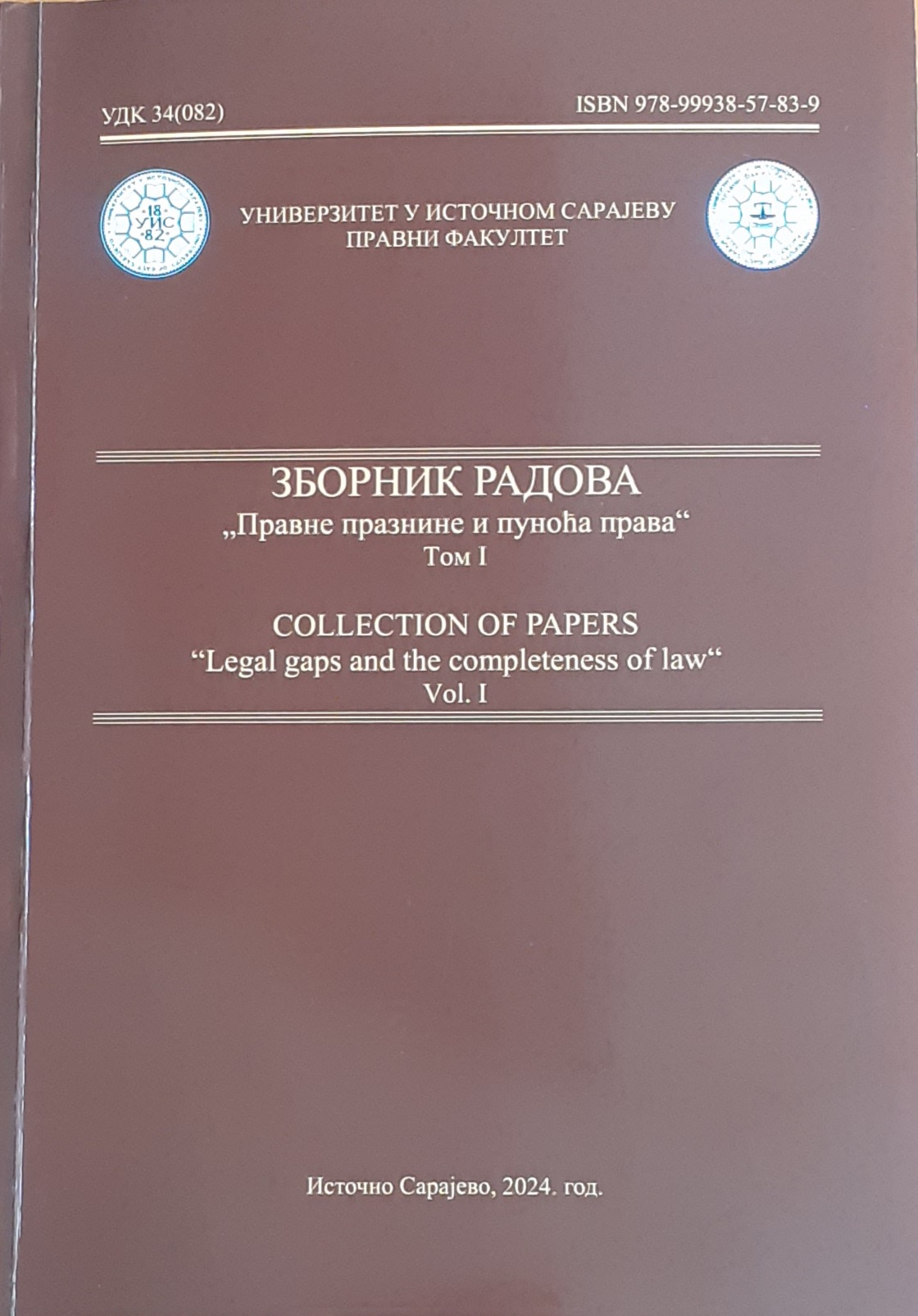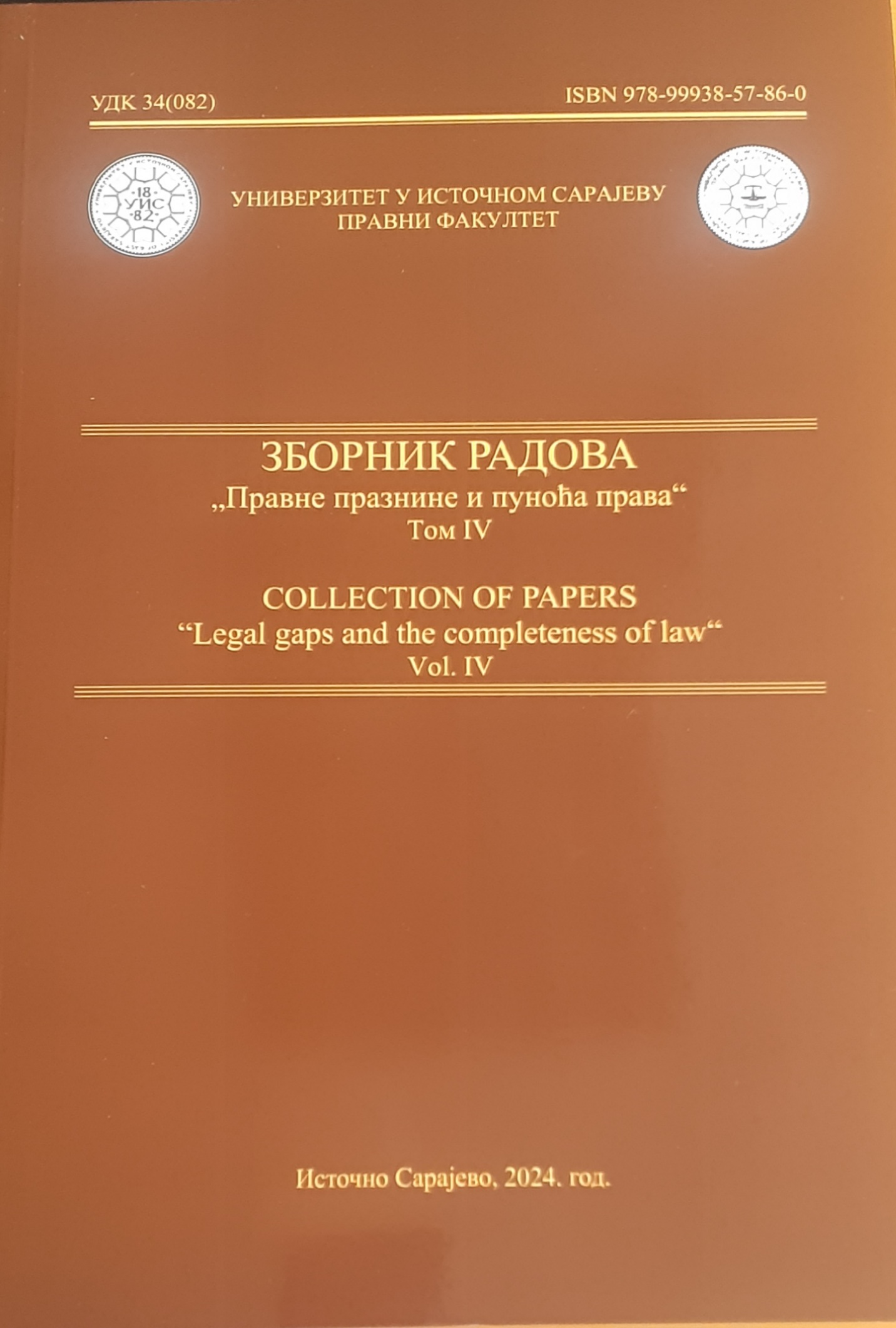Author(s): Bogdan Vîrjan / Language(s): English
Publication Year: 0
In Article 10 (11) from Law no. 241/2005 for the prevention and combating of tax evasion, a clause of non-punishment is regulated, which becomes incident if the damage caused by the commission of one of the acts provided by Article 61, 8 or 9 of this law does not exceed the value of 100,000 Euros, in the equivalent of the national currency, and this damage, increased by 20% of the calculation basis, to which interest and penalties are added, is fully covered during the criminal investigation or during the trial until a final ruling is rendered. In Article 10 (12), this normative act also states that the provisions governing this clause of non-punishment apply to all defendants even if they did not contribute to covering the damages. In view of these provisions, the High Court of Cassation and Justice - the judicial panel for the settlement of legal issues in criminal matters was seized in order to issue a ruling by which the question of law would be resolved, consisting in the question of whether the provisions of Article 10 (11) of Law no. 241/2005 are applicable in the case of covering the damage as a result of an involuntary activity, respectively a foreclosure procedure. By Decision no. 39/2003, The High Court of Cassation and Justice - the judicial panel for the settlement of legal issues in criminal matters rejected as inadmissible the seizure made in order to issue a preliminary ruling for the resolution of the legal issue under analysis, considering that the admissibility conditions stipulated by the Code of Criminal Procedure were not met in the case that generated the seizure, because it is not allowed to resort to this legal means in order to receive from the supreme court the concrete resolution of the case and the question that was the object of the seizure referred to a form of Article 10 (11) prior to the current form, which did not condition the incidence of this case of non-punishment by the maximum amount of the damage caused, of 100,000 Euros, a form that was not applicable to the case in which the seizure was made and therefore the dismissal by law did not lead to the resolution of the case. Considering that the problem with which the Supreme Court was seized was not resolved as a result of the rejection of the seizure as inadmissible, in this article we proposed to conduct an analysis; on how the provisions of Article 10 (11) and (12) of Law no. 241/2005 should be interpreted and applied in the situation where the damage caused by the offense is covered by a third party or as a result of an involuntary activity, such as in the case of a foreclosure procedure.
More...
